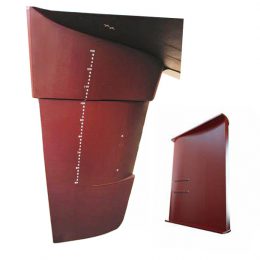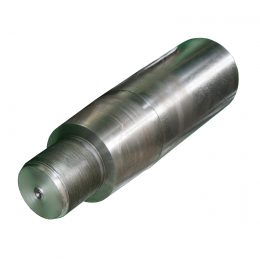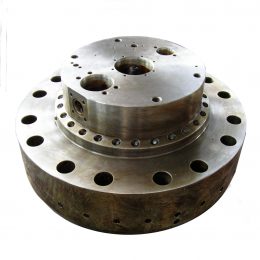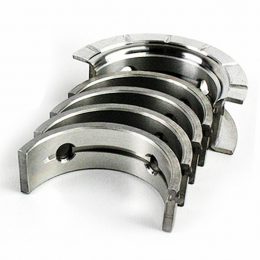Types of Marine Cylinder Liner Coatings: Pros & Cons
Marine Cylinder Liner Coatings
Marine engines are widely used in various types of vessels for transportation or recreational purposes. The cylinder liner is a critical component of the marine engine that directly affects its performance and lifespan. To improve the durability and reliability of the cylinder liner, manufacturers offer a range of coatings that provide various benefits. In this article, we will discuss the most common types of marine cylinder liner coatings, their pros, and cons.
Chrome Coatings: Advantages & Disadvantages
Chrome coatings are one of the most popular types of cylinder liner coatings due to their high wear resistance and corrosion resistance. Chrome coatings can be either hard chrome or electroplated chrome, depending on the application requirements. Hard chrome coatings are thicker and more durable, while electroplated chrome coatings are thinner and offer a smoother surface finish. However, chrome coatings are known to be brittle and prone to cracking under high loads, leading to premature failure of the cylinder liner.
Ceramic Coatings: Pros & Cons
Ceramic coatings are known for their excellent thermal insulation properties, which reduce heat transfer to the engine block and prevent overheating. Ceramic coatings also offer high wear resistance, corrosion resistance, and low friction, which improve the efficiency and durability of the cylinder liner. However, ceramic coatings are expensive and require specialized equipment and skills to apply. Ceramic coatings can also crack under high loads, leading to premature failure of the cylinder liner.
Thermal Spray Coatings: Benefits & Drawbacks
Thermal spray coatings are a group of coatings that use a heat source to melt and spray a metal or ceramic powder onto the cylinder liner surface. Thermal spray coatings offer a high degree of flexibility in terms of material selection, thickness, and surface finish. They can also provide various benefits such as wear resistance, corrosion resistance, thermal insulation, and low friction. However, thermal spray coatings are prone to delamination and require proper surface preparation to achieve good adhesion. They also require specialized equipment and skills to apply.
Nitride Coatings: Advantages & Disadvantages
Nitride coatings are a group of coatings that use a nitrogen-rich environment to form a hard and wear-resistant surface layer on the cylinder liner. Nitride coatings offer high wear resistance, low friction, and good corrosion resistance. They also have a relatively low coefficient of thermal expansion, which reduces the risk of cracking under high loads. However, nitride coatings are relatively thin and cannot be repaired once damaged. They also require specialized equipment and skills to apply.
Choosing the Right Coating for Your Marine Engine
Choosing the right cylinder liner coating for your marine engine depends on various factors such as application requirements, budget, and maintenance capabilities. Each type of coating has its pros and cons, and it is essential to weigh them carefully before making a final decision. Consult with a reputable engine manufacturer or coating supplier to select the most suitable coating for your marine engine. With the right cylinder liner coating, you can improve the performance and durability of your marine engine and reduce maintenance and replacement costs in the long run.



